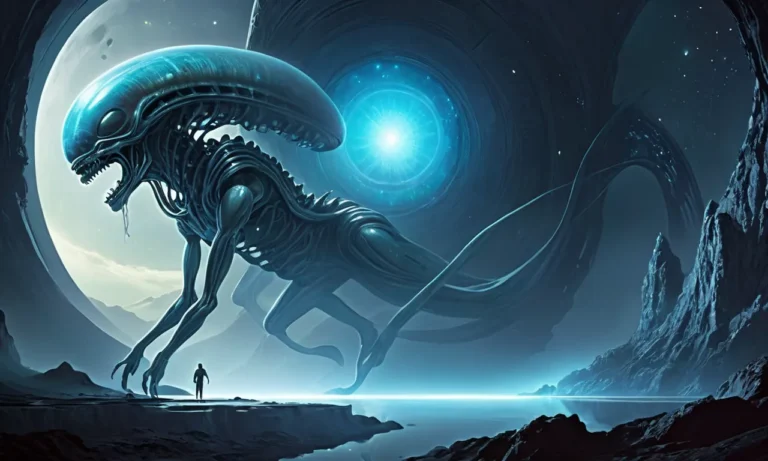Dream Of Fire: Understanding The Element Of Passion And Desire In Literature

The element of passion and desire has been a staple theme in literature since the beginning of written history. It is a force that drives characters to pursue their dreams, conquer their fears, and ultimately, find redemption or happiness. In this comprehensive blog post, we will explore various aspects of passion and desire in literature, including its origins, effects on character development, and impact on storytelling as a whole.
Origins Of Passion And Desire In Literature
The roots of passion and desire can be traced back to ancient Greek tragedies such as Sophocles’ “Antigone” or Aeschylus’ “Prometheus Bound.” These works often featured characters torn between their personal desires and the societal expectations placed upon them. The tension between these conflicting forces served as a catalyst for dramatic action, making it an integral component of classical drama.
In more recent times, the Romantic period saw authors like William Wordsworth and Percy Bysshe Shelley explore themes of passion and desire through their nature-inspired poetry. Their works emphasized the importance of individual experience and emotions over rationality, setting the stage for subsequent movements such as Modernism and Postmodernism that continue to grapple with these concepts today.
Character Development And Passion
Passion and desire play a crucial role in shaping character development within a narrative. By providing characters with strong motivations and objectives, writers can create depth and complexity, allowing readers to connect emotionally with the story’s protagonists and antagonists alike.
For example, consider Jane Austen’s classic novel “Pride and Prejudice.” The primary conflict between Elizabeth Bennet and Mr. Darcy stems from their initial misunderstandings of each other’s true desires and motivations. As the story progresses, both characters grow and evolve due to their experiences, ultimately leading them towards a deeper understanding of love and passion.
Similarly, F. Scott Fitzgerald’s “The Great Gatsby” explores themes of ambition, wealth, and the American Dream through Jay Gatsby’s relentless pursuit of Daisy Buchanan. The intensity of Gatsby’s desire serves as both a driving force for his actions and a barrier to true happiness, ultimately leading to tragic consequences.
Passion And Desire In Storytelling
Passion and desire also have a significant impact on storytelling itself. A well-crafted narrative often relies on the tension created by conflicting desires or unattainable goals. By presenting these challenges to characters, writers can generate suspense, anticipation, and empathy among readers.
For instance, J.K. Rowling’s “Harry Potter” series revolves around Harry’s desire to defeat the dark wizard Voldemort while coming to terms with his own past. As the series unfolds, readers witness how this single-minded determination impacts not only Harry but also those around him, leading to moments of triumph and tragedy alike.
In conclusion, the element of passion and desire is an essential aspect of literature that has shaped countless narratives throughout history. From ancient Greek tragedies to modern blockbusters, the power of desire drives characters towards their goals while simultaneously presenting obstacles they must overcome. Through this dynamic interplay between passion and desire, writers can create compelling stories that resonate deeply with readers, leaving a lasting impact on both the individual and the collective imagination.






